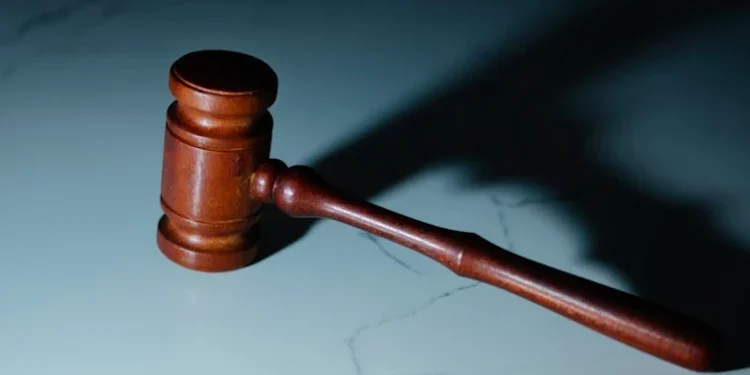The state of Texas is on the verge of executing a man whose conviction for his daughter’s death hinges on a now widely disputed medical hypothesis. Robert Roberson’s lawyers have filed a motion for a stay of execution and an application for a writ of habeas corpus, asserting that new evidence shows his daughter, Nikki Curtis, died from natural and accidental causes rather than abuse by Roberson. “All across the country, courts are exonerating convicted parents and caregivers or recommending new trials based on the recognition that the shaken baby hypothesis has been discredited by contemporary scientific inquiry,” stated attorney Gretchen Sween, as reported by the Houston Chronicle.
Despite this new evidence and growing skepticism around the shaken baby syndrome that influenced Roberson’s trial two decades ago, the state has scheduled his execution for October 17. A previous stay was granted in 2016, but gaining access to crucial medical records and autopsy reports has been a slow process. This key information is now included in the case file, reinforcing the argument against the potentially wrongful execution based on a “discredited shaken baby hypothesis,” as detailed by the Houston Chronicle.
Roberson’s defense argues that, contrary to claims of violent shaking leading to death, Nikki suffered from “severe viral and bacterial pneumonia that progressed to sepsis and then septic shock,” which explains her tragic death. This argument is supported by professionals like former lead detective Brian Wharton, who told the Innocence Project, “For over 20 years, I have thought that something went very wrong in Mr. Roberson’s case and feared that justice was not served.” Roberson insists he found his daughter unresponsive after a fall from bed, and his consistent denial of guilt over two decades on death row is corroborated by his account, according to the Houston Chronicle.
The defense’s case was further strengthened by expert testimonies during an evidentiary hearing, which discredited the original shaken baby syndrome hypothesis. While these experts identified several overlooked factors in the initial diagnosis, the Texas Court of Criminal Appeals remained unmoved, denying Roberson a new trial last year. According to the Texas Tribune, the defense argued that setting an execution date under the current evidential circumstances would be “premature and unjust.”
Roberson’s legal team continues to fight against the conviction and impending execution, emphasizing that new scientific evidence and developments in similar cases indicate that a child could not be shaken to death without severe neck injuries, which Nikki did not have. This science, once central to Roberson’s conviction, now casts serious doubts on the verdict and highlights the risk of an irreversible miscarriage of justice.

